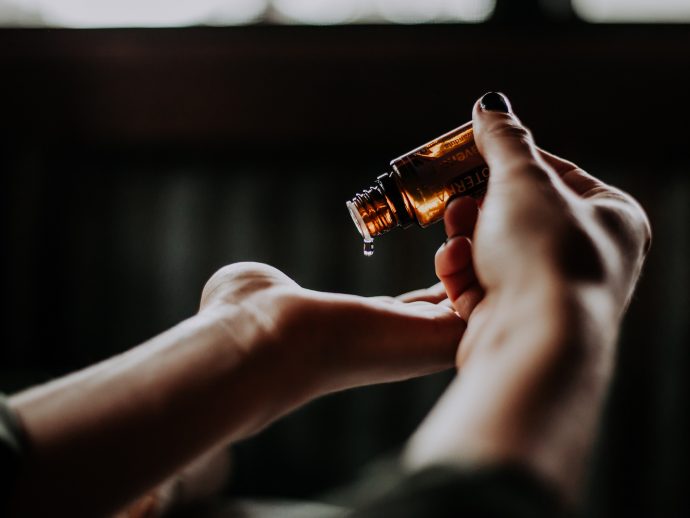
This back-to-school season, don’t just stock up on books and other supplies; consider adding essential oils to help enhance your learning experience!
What is aromatherapy?
When we talk about aromatherapy, we’re talking about the therapeutic use of natural oils that are extracted from flowers, plants, trees, resins, and other botanical elements in nature.
Essential oils for learning
Aromatherapy is not just great for boosting memory, but it may also help enhance focus, cognition, alertness, and outlook.
Eucalyptus (Eucalyptus radiata)
Eucalyptus is also used with a diffuser for stimulating the brain and improving energy, both of which can help improve learning.
Lavender (Lavandula angustifolia)
Lavender essential oil seems to have a calming effect that may help alleviate the anxiety that often accompanies tests and exams.
Lemon (Citrus limon)
Animal studies seem to support the traditional uses of lemon essential oil to elevate mood and ease depression and anxiety, making it an excellent choice for those who struggle with the emotional aspects of learning.
Orange (Citrus sinensis)
Researchers have found that the effect of inhaling orange essential oil was lower levels of anxiety, increased calmness, and a better mood in study participants.
Peppermint (Mentha piperita)
Peppermint is widely used in aromatherapy to improve alertness and focus and to boost mood and energy, all of which can be helpful when studying or learning.
Rose (Rosa damascena)
Research in the medical journal Neuroscience found that smelling the scent of roses during learning and sleep increases memory and learning ability.
Rosemary (Rosmarinus officinalis)
Arguably the best essential oil for memory and learning, rosemary was found by research published in the Alexandria Journal of Medicine to enhance focus, memory, and memorization in children.
Safety guidelines for using essential oils
- Avoid using essential oils in ears, eyes, or nose.
- Do not use internally without the guidance of a qualified professional.
- Always dilute essential oils prior to using.
- Conduct a 48-hour patch test before applying diluted oils more widespread to your skin.
- Discontinue use if you have an allergic reaction.
- Use only oils suitable for use during pregnancy and breastfeeding. Use with caution.
How to use essential oils
There are many great ways to incorporate essential oils into your life to boost learning.
Topically
Be sure to dilute essential oils in carrier oils such as coconut, almond, grapeseed, or jojoba, or in a lotion before being used directly on the skin. The rule of thumb for mixing essential oils for applying to the skin is 3 percent dilution, or 20 drops of essential oil per 2 Tbsp (30 mL) carrier oil. Apply diluted oils to your forehead, back of skull, under your nose, or in the palms of your hands.
Aromatically
Inhalation of essential oils can be done by using an essential oil diffuser, which causes the oils to vaporize into the air. Diffuse 3 to 5 drops of the oils of your choice to encourage the scent to enter your nose and access your olfactory system.
Written by Michelle Schoffro Cook, PhD, DNM






